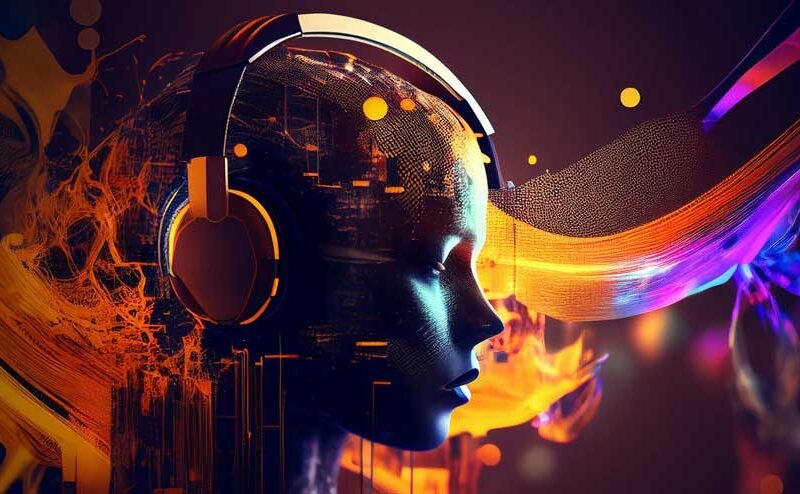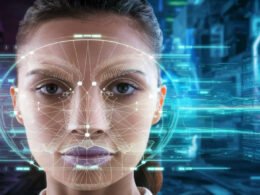Introduction
Artificial intelligence (AI) is revolutionizing industries worldwide, and the music industry is no exception. From AI-generated compositions to smart music recommendation algorithms, technology is reshaping the way artists create, distribute, and monetize music. While traditionalists may see AI as a threat to creativity, others view it as a powerful tool that enhances artistic expression. Whether you’re a musician, producer, or simply a music enthusiast, understanding how AI is changing the landscape of music can provide valuable insights into the future of sound.
AI music technology has advanced to the point where it can analyze patterns, generate lyrics, compose entire songs, and even adapt to an artist’s unique style. Many musicians and producers are exploring the possibilities of integrating AI into their workflow, including creating your own music AI to assist in composition and production. But what does this mean for the industry as a whole?
AI’s Role in Music Composition and Production
One of the most exciting aspects of AI in music is its ability to compose and produce songs with minimal human intervention. AI-driven platforms like OpenAI’s Jukebox, AIVA, and Amper Music have demonstrated how machine learning models can generate original compositions across various genres.
AI-Powered Composition Tools
- AIVA (Artificial Intelligence Virtual Artist): AIVA is widely used in gaming, film scoring, and commercials. It creates orchestral music with the input of a few parameters, allowing composers to fine-tune arrangements.
- Amper Music: This AI tool enables users to create royalty-free music by selecting a style, mood, and instruments. It’s particularly useful for content creators who need background music quickly.
- OpenAI’s Jukebox: A deep neural network trained on a massive dataset, Jukebox can generate realistic music tracks with lyrics and melodies that mimic human compositions.
These tools help musicians speed up the creative process, experiment with new sounds, and even overcome writer’s block by offering inspiration in the form of AI-generated ideas.
AI in Music Production and Mastering
Beyond composition, AI is making waves in music production and mastering. Platforms like LANDR and iZotope Ozone leverage machine learning to provide professional-grade mastering services without the need for an audio engineer.
Benefits of AI in Music Production
- Faster Production Time: AI tools can analyze tracks and suggest optimal mixing and mastering settings in minutes.
- Cost-Effective: AI-based mastering services are often more affordable than hiring a professional engineer.
- Enhanced Creativity: AI algorithms can suggest alternative chord progressions, melodies, or sound effects, expanding the creative possibilities for artists.
AI and Personalized Music Experiences
AI is also revolutionizing how listeners engage with music. Streaming platforms like Spotify, Apple Music, and YouTube Music use AI-powered recommendation algorithms to curate playlists tailored to individual preferences.
How AI Enhances Music Discovery
- Predictive Analytics: AI analyzes listening history, behavior, and patterns to recommend new music that aligns with user preferences.
- Mood-Based Playlists: AI-powered tools categorize songs based on emotions, creating playlists that match different moods or activities.
- Real-Time Adaptation: AI continuously learns from user feedback, refining recommendations to provide a more personalized experience over time.
Ethical Considerations and Challenges of AI in Music
While AI brings numerous benefits to the music industry, it also raises ethical and legal concerns.
Key Challenges
- Copyright and Ownership: Who owns the rights to AI-generated music—the developer, the user, or the AI itself?
- Impact on Human Artists: Will AI-generated music replace human musicians, or will it serve as a complementary tool?
- Authenticity Concerns: Some critics argue that AI-generated music lacks the emotional depth and authenticity of human-created compositions.
Regulatory frameworks are still catching up, and as AI technology continues to evolve, the industry must find ways to balance innovation with ethical considerations.
The Future of AI in Music
AI is not here to replace human musicians but to empower them. The future of AI music lies in collaboration—where artists use AI as a co-creator rather than a competitor. We can expect further advancements in AI-generated lyrics, interactive music experiences, and even AI-driven live performances.
As AI continues to develop, artists who embrace this technology will have an edge in exploring new creative possibilities. Rather than fearing AI, musicians can use it as an innovative tool to expand their artistic horizons and enhance their work.
Conclusion
The rise of AI in music is a testament to the limitless potential of technology in creative fields. From composition and production to personalized listening experiences, AI is transforming the music industry in unprecedented ways. As musicians and listeners adapt to this evolving landscape, the key will be finding harmony between artificial intelligence and human creativity. Whether you’re an aspiring artist or an industry veteran, embracing AI in music could open up a world of new opportunities and artistic expression.










